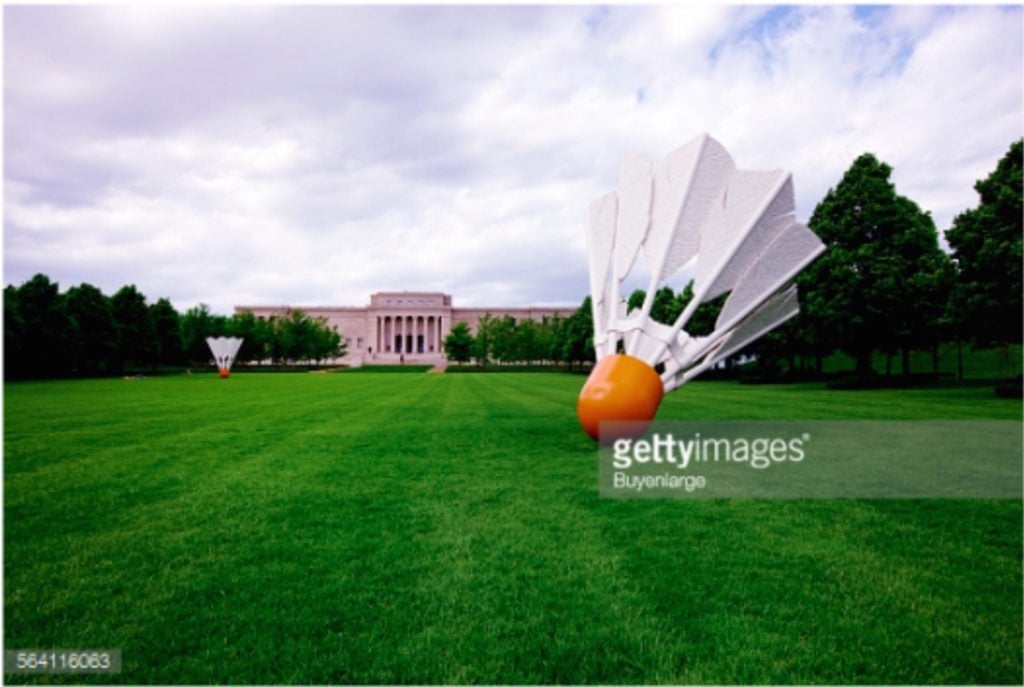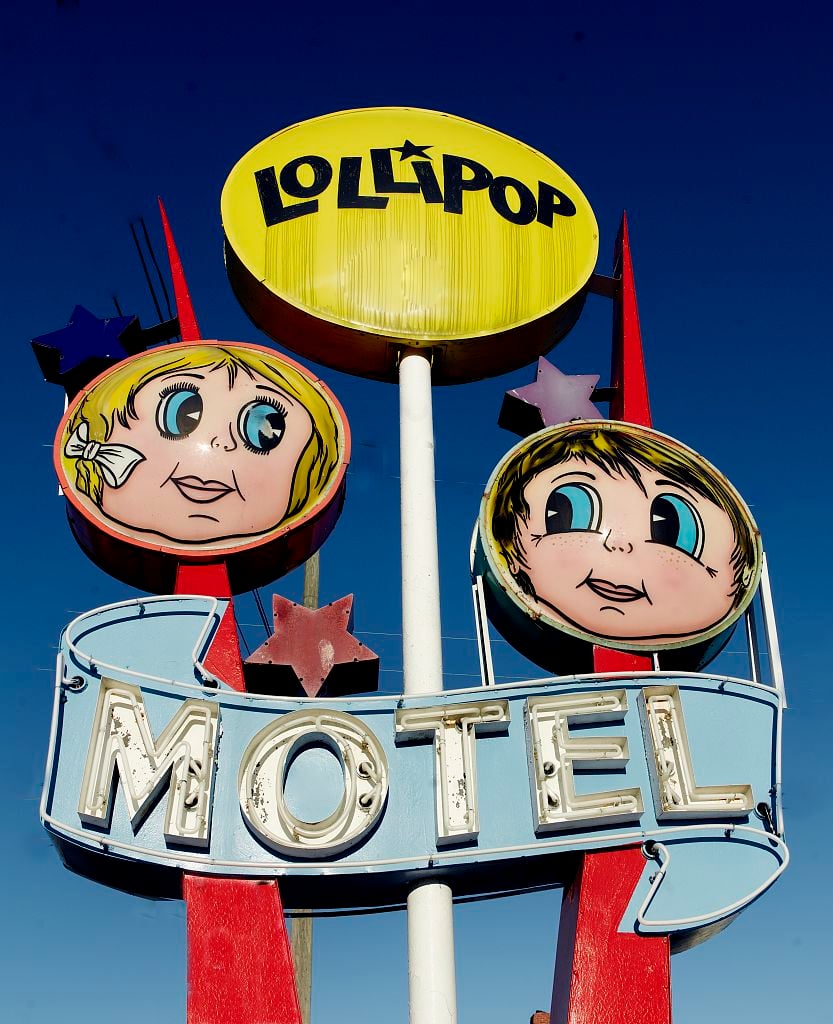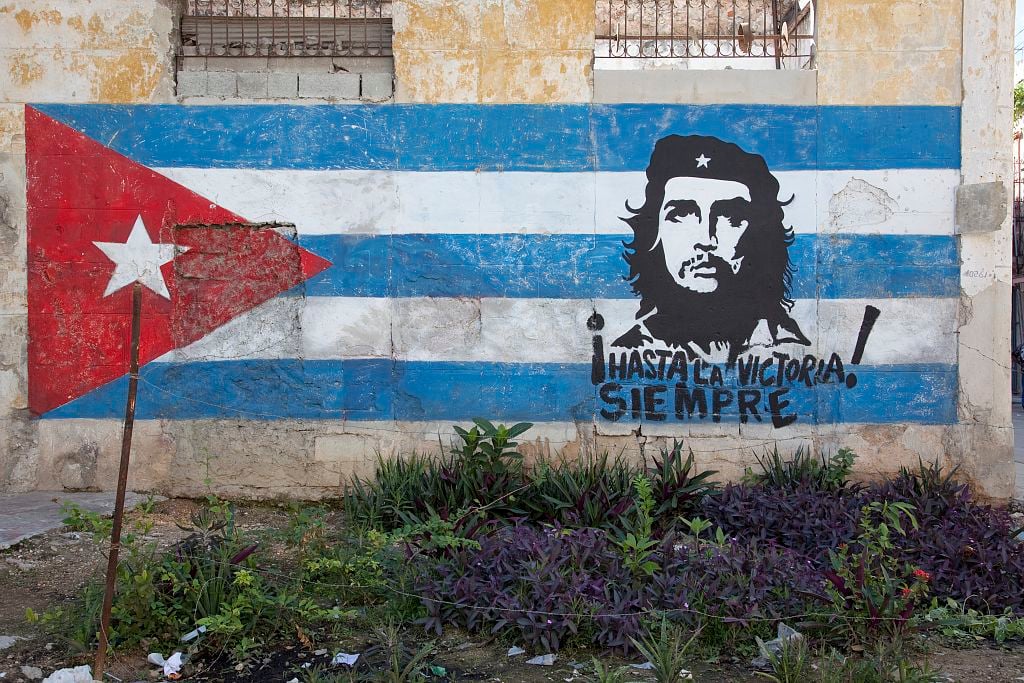Law & Politics
Photographer Suing Getty Images for $1 Billion in Copyright Complaint
Carol M. Highsmith isn't happy about the alleged misappropriation of her "generous gift to the American people."

Carol M. Highsmith isn't happy about the alleged misappropriation of her "generous gift to the American people."

Getty Images has been slapped with a hefty copyright infringement suit by a lauded photographer.
According to Hyperallergic, documentary photographer Carol Highsmith, who has donated her images to the Library of Congress for free public use, allegedly discovered that Getty was charging fees for the use of her work when the image service tried to charge her $120 for using one of her own photographs online.
The suit was filed on July 25 in the Federal Court of New York, Ars Technica reported. Highsmith’s complaint contends that Getty and Alamy are guilty of the “gross misuse” of 18,755 of her photographs, and “have apparently misappropriated Ms. Highsmith’s generous gift to the American people.”

Carol M. Highsmith, self-portrait taken at the Willard Hotel in Washington, DC (circa 1980–90). Courtesy of Wikimedia Commons.
In 1988, Highsmith, who has documented the architecture of landmark buildings in all 50 states through her nonprofit, This Is America! Foundation, donated her life’s work to the Library of Congress as the Carol M. Highsmith Archive. The gift, which is ongoing, is “one of the greatest acts of generosity in the history of the Library,” according to a statement by C. Ford Peatross, director of the Library’s Center for Architecture, Design and Engineering in the Prints and Photographs Division. Highsmith says she retains the copyright to her images despite the donation.
The suit notes that Getty and Alamy “are not only unlawfully charging licensing fees…but are falsely and fraudulently holding themselves out as the exclusive copyright owner.” Highsmith’s filing also points out that Getty’s misappropriation of her work could negatively impact her reputation, because “anyone who sees the Highsmith Photos and knows or learns of her gift to the Library could easily believe her to be a hypocrite.”

Carol M. Highsmith, Lollipop Motel sign, Wildwood, New Jersey (2006). Courtesy the Library of Congress.
While Getty Images dropped its initial demand that Highsmith pay $120 for the use of her own photo, that does not appear to have stopped the company from continuing to try and profit off her work. “The Defendants’ bad faith business practices have proven to be so lucrative, their behavior has apparently continued unabated,” notes the suit, denouncing Getty and Alamy for their “brazen and extortionate conduct.”

Carol M. Highsmith, Hand painted mural showing the Cuban flag and Che Guevara, neighborhood in Old Havana, Cuba (2010). Courtesy of the Library of Congress.
If Highsmith’s billion-dollar demand seems high, it’s because she’s asking for three times the normal damages, which would be $25,000 for each violation, or $46,887,500. She can do that because Getty was found to have violated the same copyright law before. In 2013, photographer Daniel Morel, who found that the agency had begun charging for images he had posted on Twitter, won $1.2 million in his lawsuit.
Should Highsmith prevail in her case, she could be in for a huge payday.